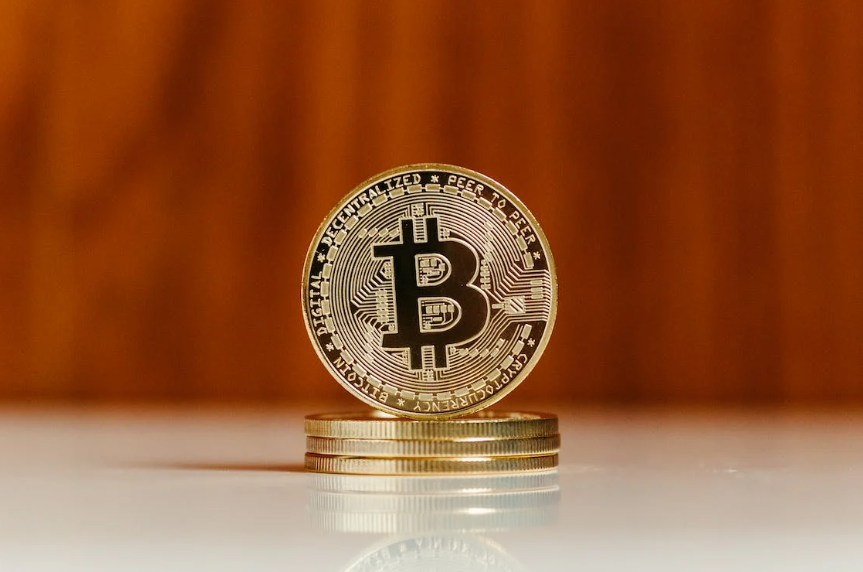“Bitcoin is the dominant digital monetary network. The next billion members will pay trillions to join. You might want to join first.”
— Michael J. Saylor, Executive Chairman and Co-Founder of MicroStrategy
The state of Alabama should buy into Bitcoin.
Put another way, Alabama should prepare for Bitcoin’s potential upside rather than simply cracking down as though Bitcoin’s only prospect is a dangerous and risky downside to be corralled and constrained.
For the sake of her people’s long-run prosperity, Alabama should engage with this growing technology with a sense of curiosity, respect, and opportunity. It would be a shame to, once again, be behind the curve and last to the party.
“This is a historical lesson of immense significance, and should be kept in mind by anyone who thinks his refusal of Bitcoin means he doesn't have to deal with it,” Saifedean Ammous writes in his bestselling book, “The Bitcoin Standard: The Decentralized Alternative to Central Banking.” “History shows it is not possible to insulate yourself from the consequences of others holding money that is harder than yours.”
Rather than merely having the Alabama Securities Commission (ASC) send threatening letters to cryptocurrency exchanges like Coinbase – wherein Alabama’s incumbent regulators treat the burgeoning cryptocurrency industry with criminal suspicion – what if the state government were to set up a new study commission to understand how to best leverage Bitcoin and other blockchain technologies to the benefit of the population?
No doubt, there was and is much fraud in the Wild West of the cryptocurrency markets, the failure of FTX being the most famous. To their credit, the Alabama Securities Commission (ASC) was early to the party in cracking down on such unregistered securities and outright scams posing as cryptocurrencies.
But not all cryptocurrencies are created equal. Many Bitcoiners, or “Bitcoin maximalists,” could have told the ASC years ago that there was bound to be fraud at FTX or with most other alternative cryptocurrencies (Bitcoiners have long referred to these alt-coins as sh*tcoins.)
I do not begrudge the ASC for doing its job, nor do I expect the ASC to go above and beyond their job description as regulators to welcome and foster Bitcoin in Alabama.
What is needed is for the state to supplement its enforcement/regulatory powers with a new study group to inform lawmakers, regulators, and the people of Alabama of Bitcoin’s potential upside. Time to create a welcoming party before shutting our gates in ignorance. If Alabama can spend time and money studying the upsides of gambling or how to remedy the perpetual failures of its government education system, she should also be willing to study a new technology that refuses to die despite the naysayers.
Beyond its potential long-run value, Bitcoin’s rise has brought back a fundamental question of economic theory that some had wrongfully considered a settled science: What is money and who controls it?
Is money a property right for individuals and other private actors to control according to their preferences? Or is money merely a means of political control for government authorities to manage the macroeconomy and the economic habits of the general population?
Alabama’s lawmakers have already shown a willingness to push back against fully political money in the form of Central Bank Digital Currency. That’s a great start. Now Alabama lawmakers should look into Bitcoin’s ability to secure property rights and wealth in the digital world, potentially granting more liberty and opportunity to their constituents.
“What’s going to drive Bitcoin is in essence the conversion of analog capital to digital capital,” Michael Saylor said in a recent Fox Business interview. “The killer use case is capital preservation and capital appreciation.”
I don’t pretend to have the answers on how Bitcoin should be treated in the Heart of Dixie. But I’m hopeful that the promise and growth of Bitcoin over the past decade present enough questions to intrigue Alabama’s authorities to study the best answers to this digital revolution in sound money.
Let’s not be last to the Bitcoin revolution, Alabama. Otherwise, we may miss out on a golden opportunity.
Joey Clark is a native Alabamian and is currently the host of the radio program News and Views on News Talk 93.1 FM WACV out of Montgomery, AL M-F 12 p.m. - 3 p.m. His column appears every Tuesday in 1819 News. To contact Joey for media or speaking appearances as well as any feedback, please email joeyclarklive@gmail.com. Follow him on X @TheJoeyClark or watch the radio show livestream.
The views and opinions expressed here are those of the author and do not necessarily reflect the policy or position of 1819 News. To comment, please send an email with your name and contact information to Commentary@1819news.com.
Don’t miss out! Subscribe to our newsletter and get our top stories every weekday morning.









